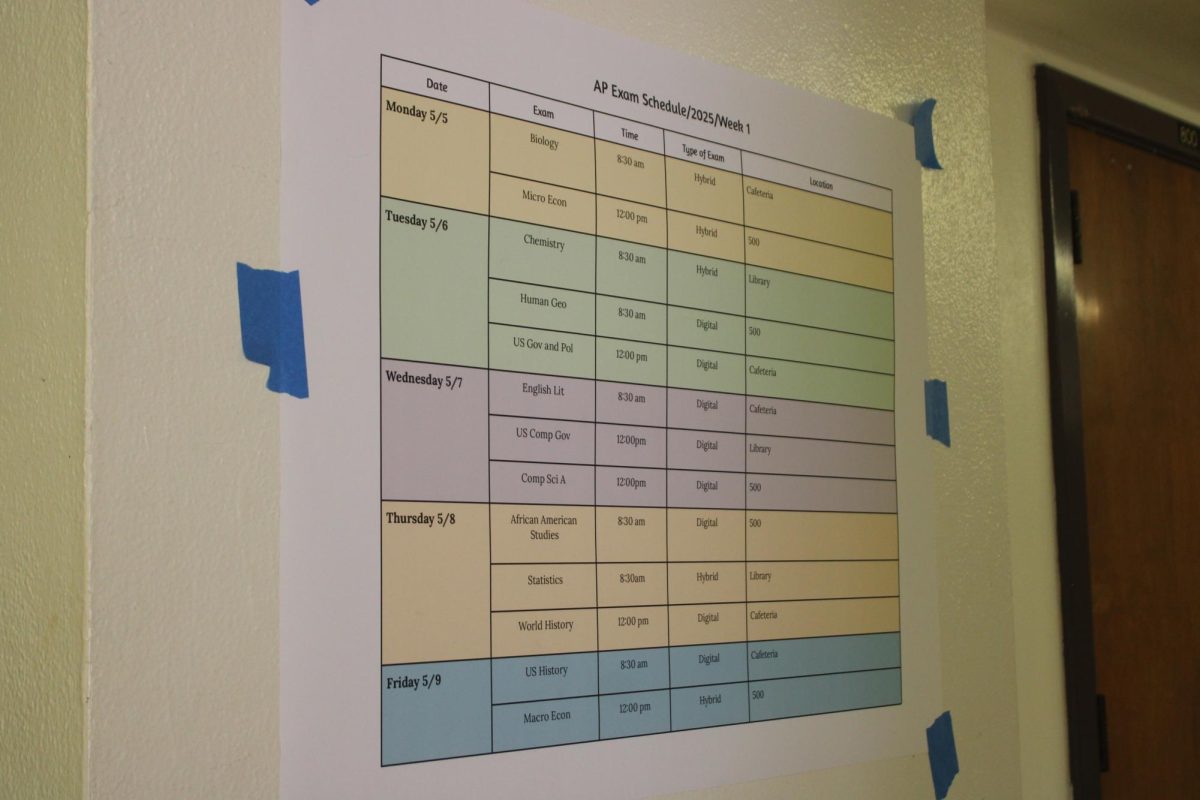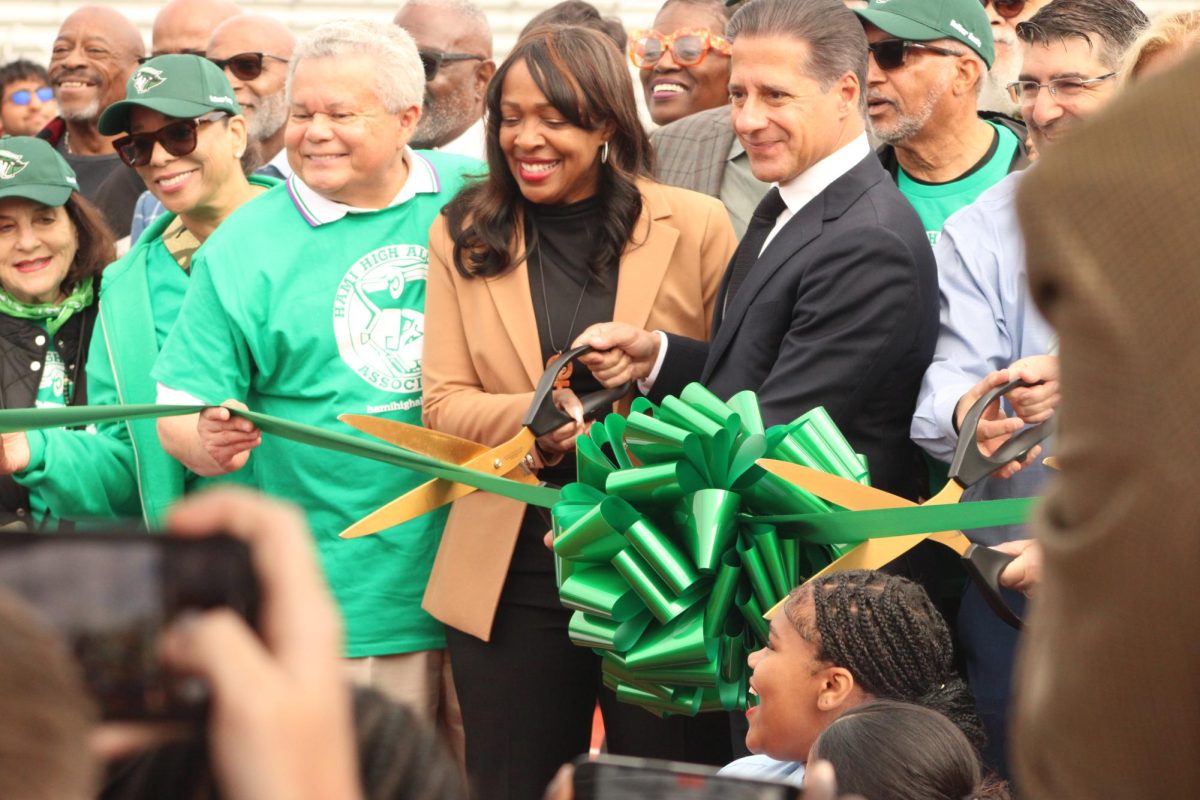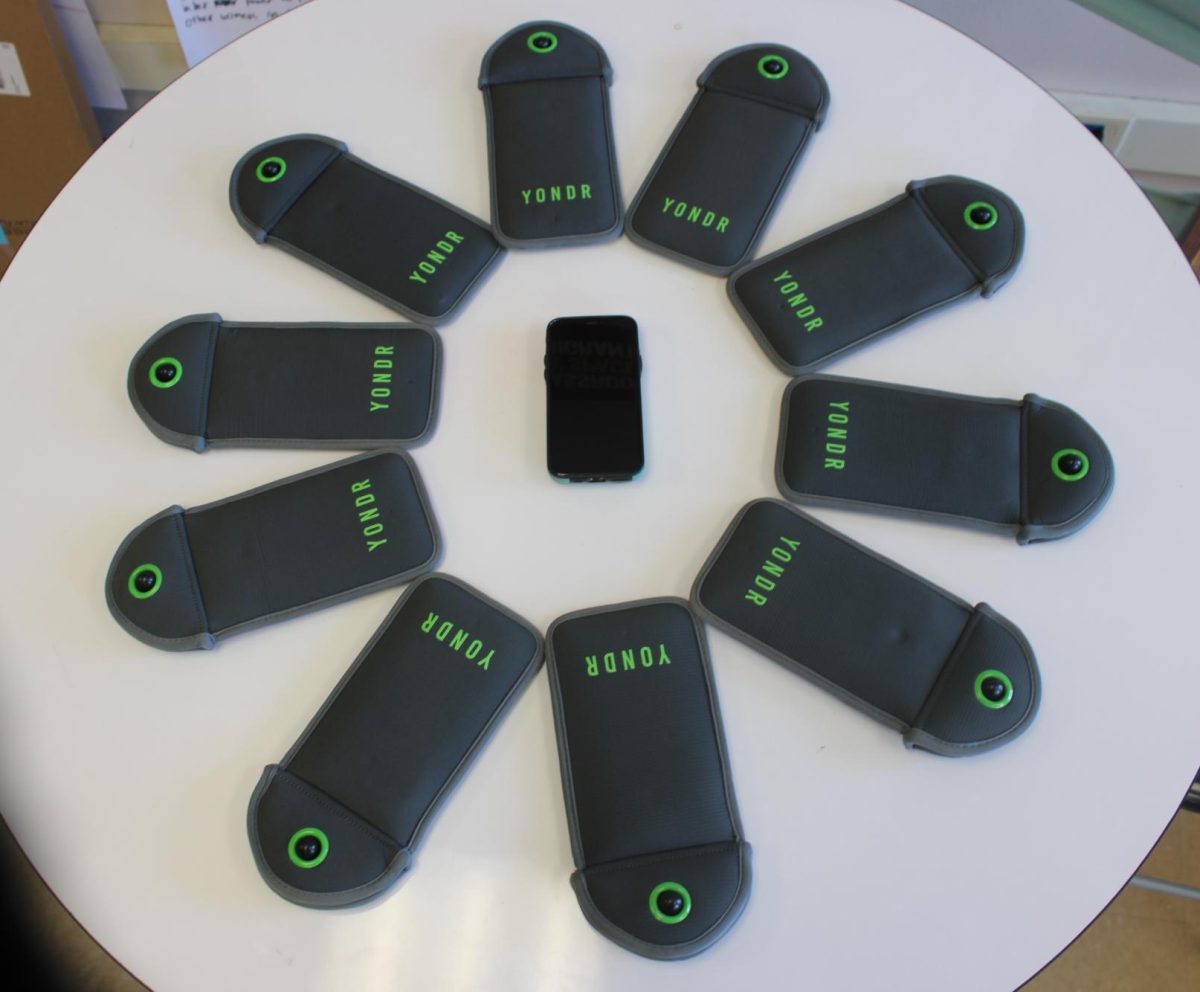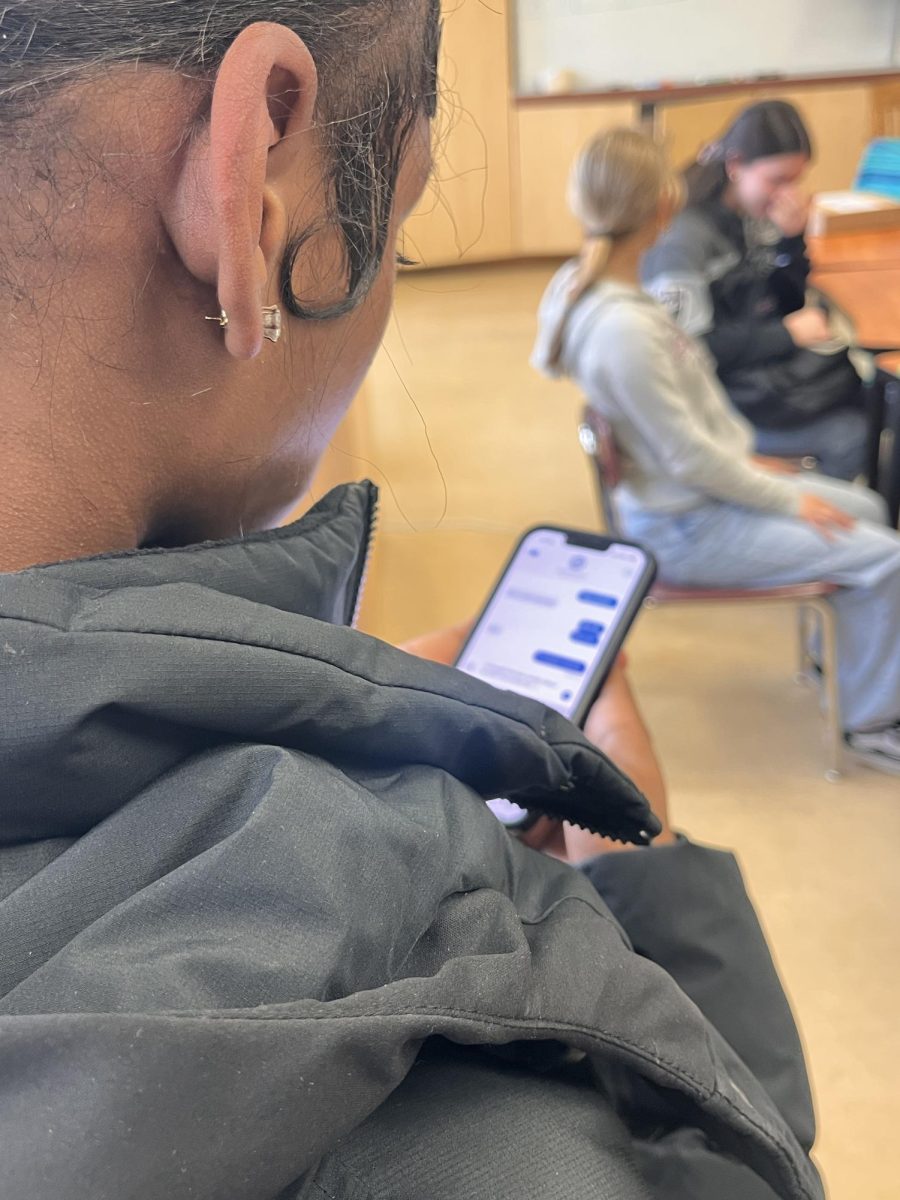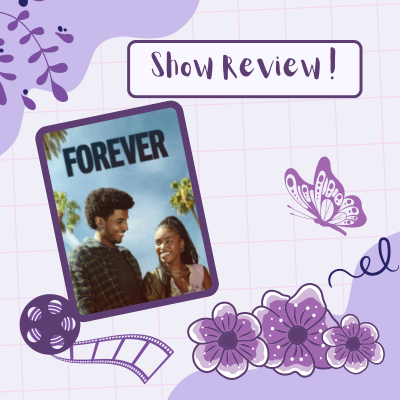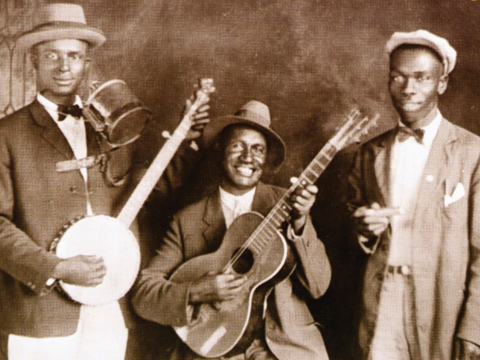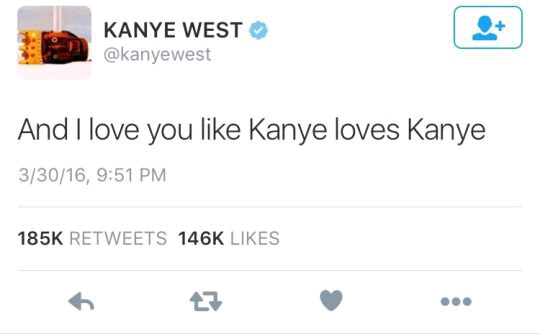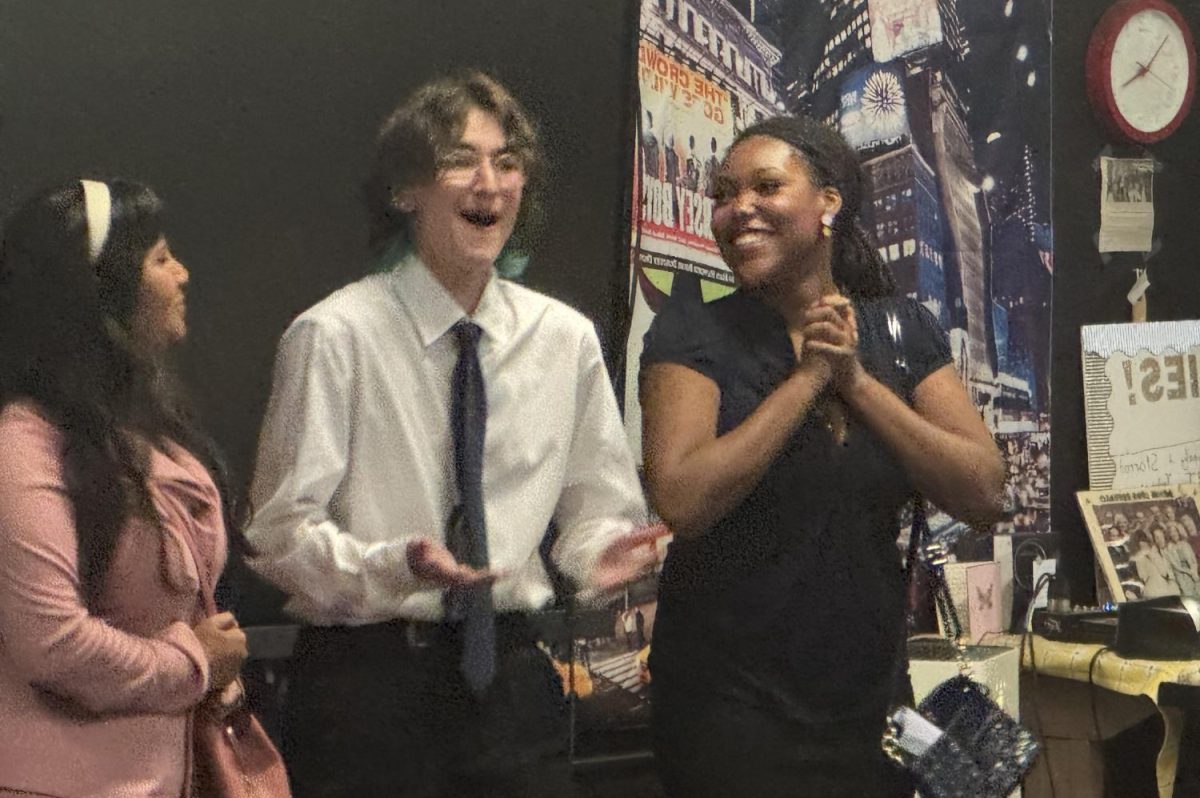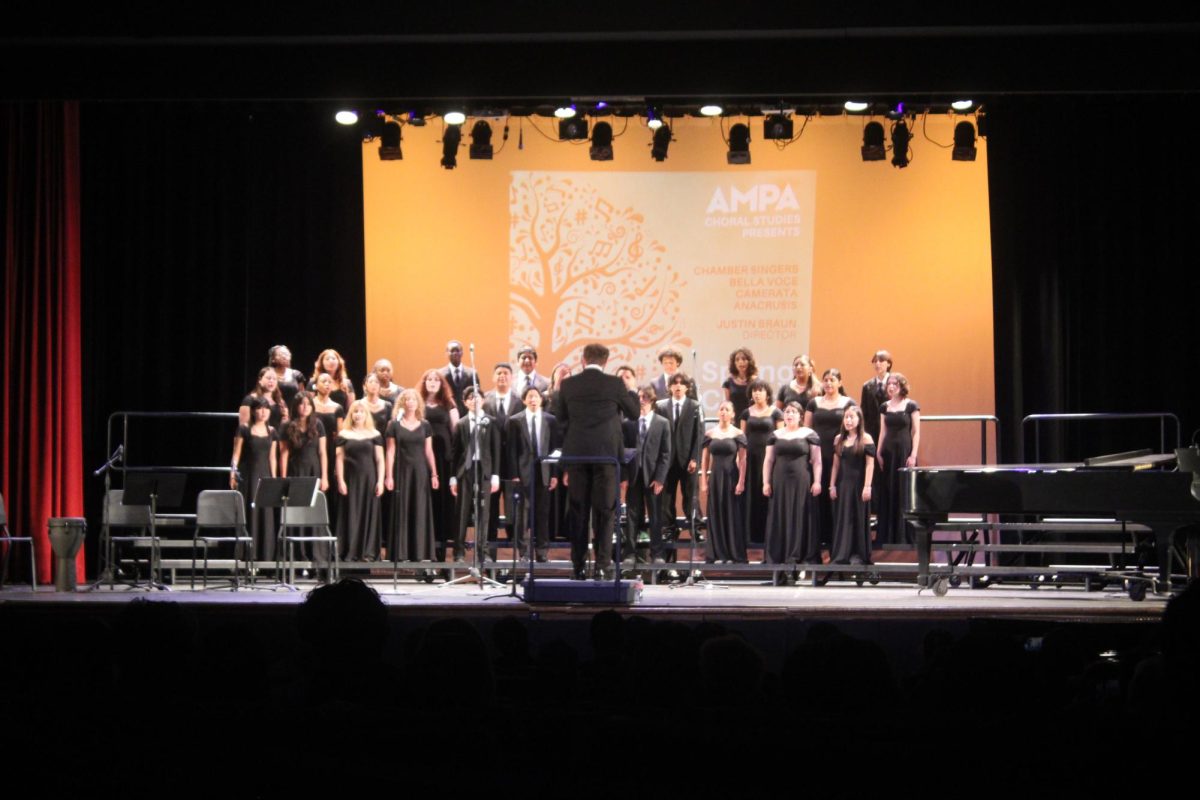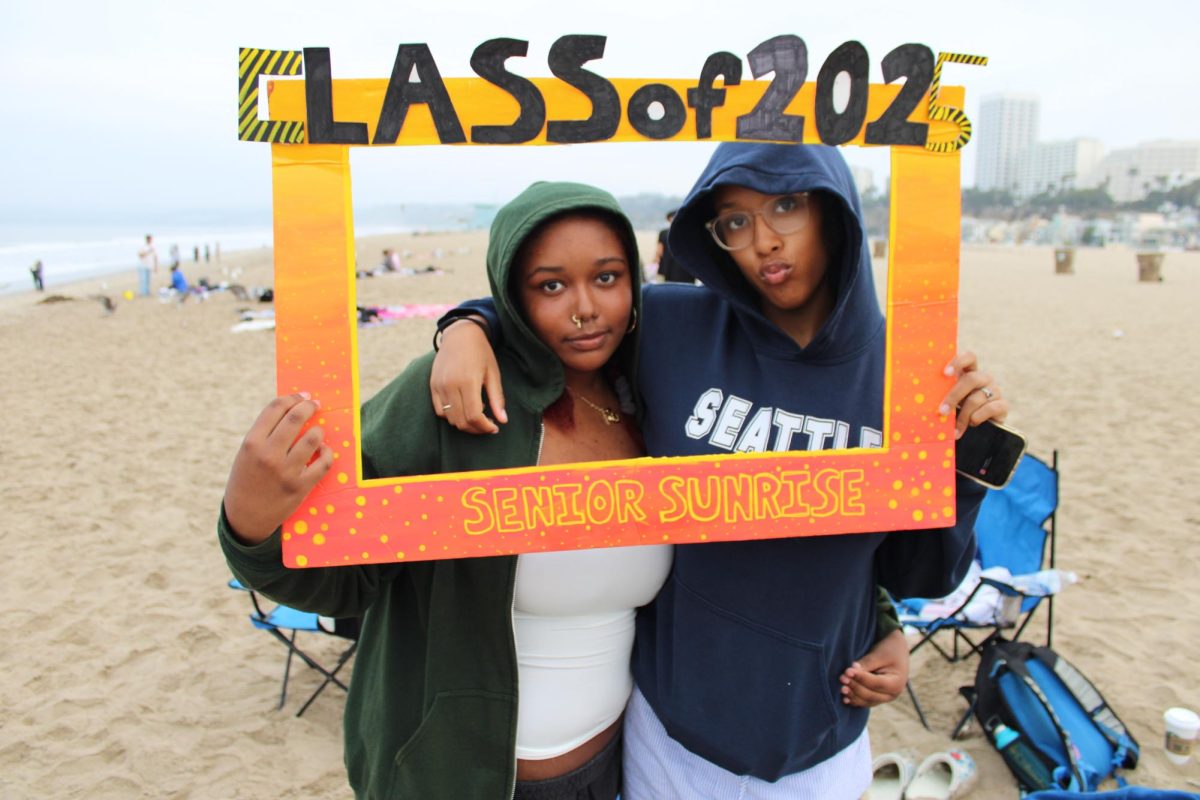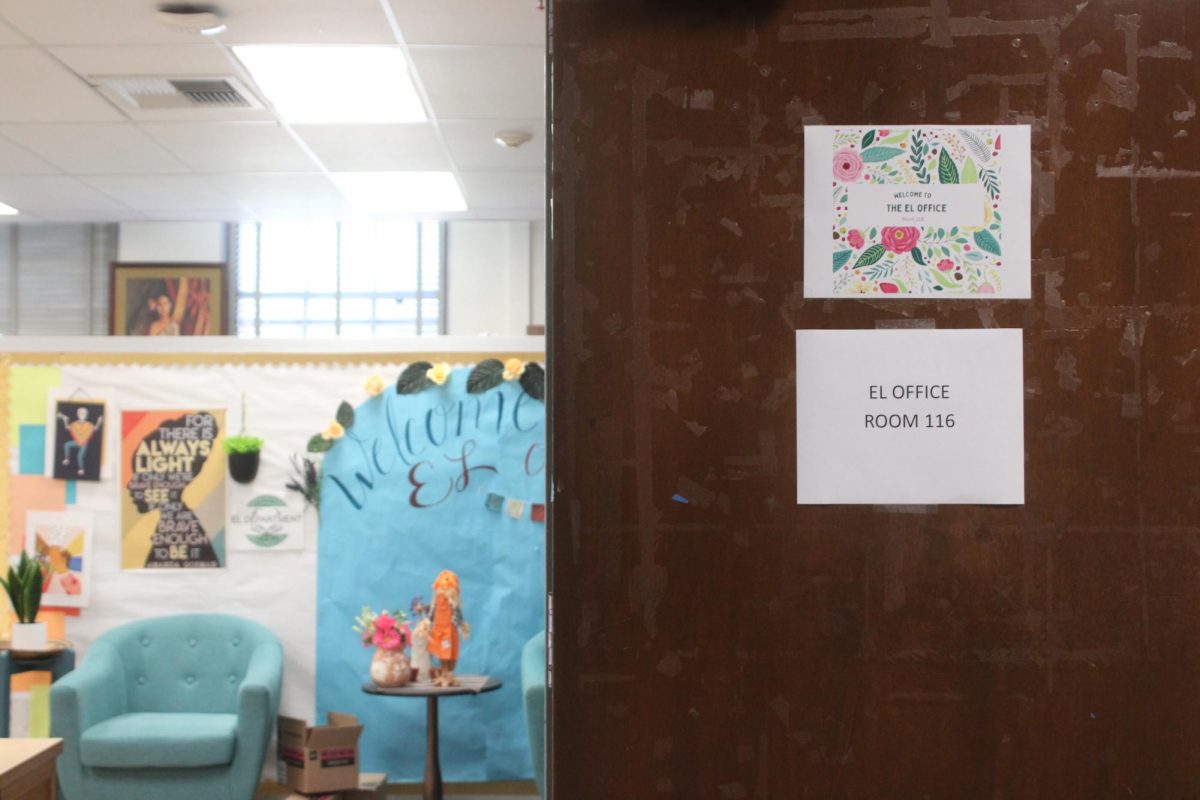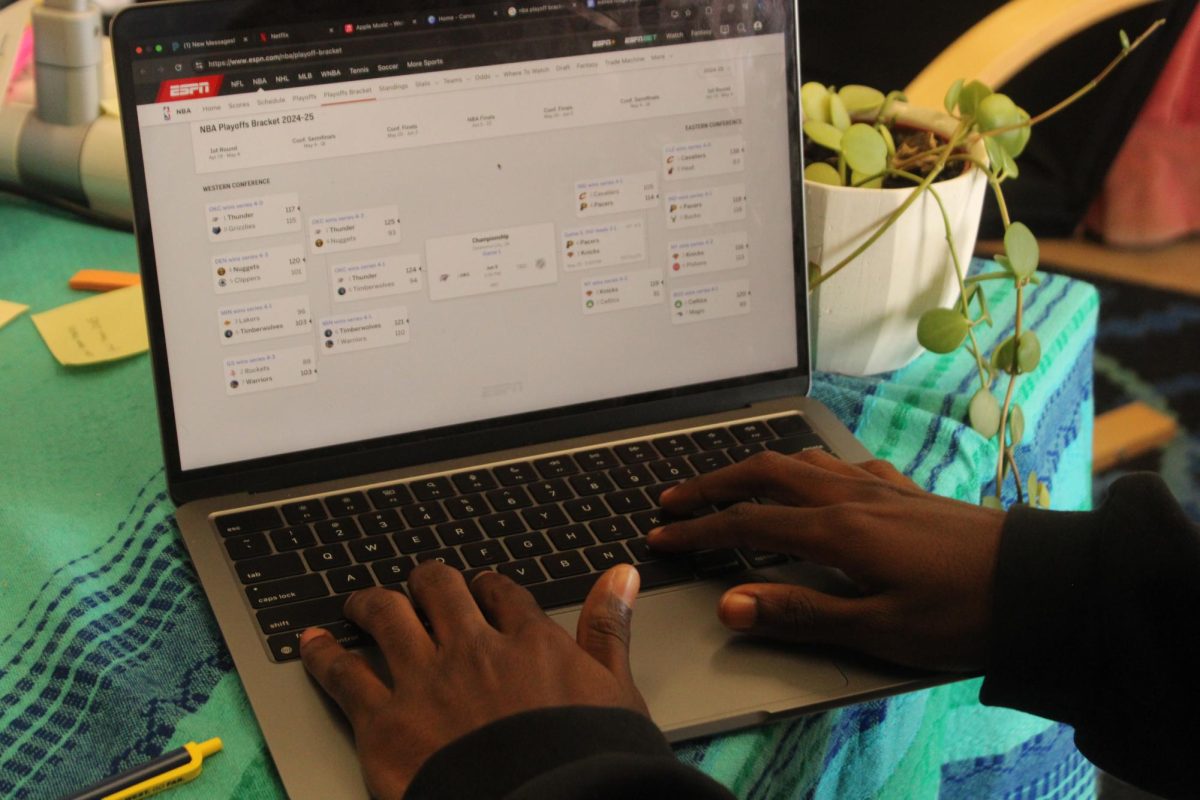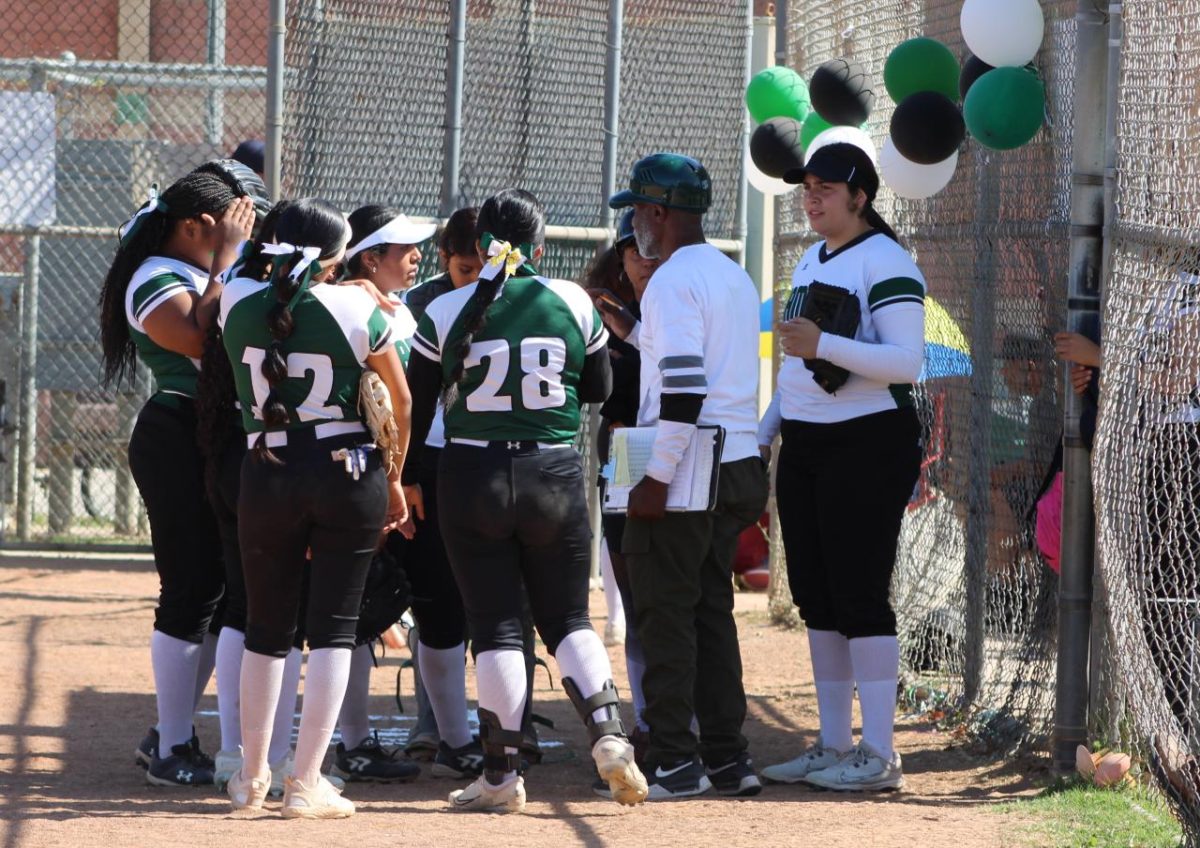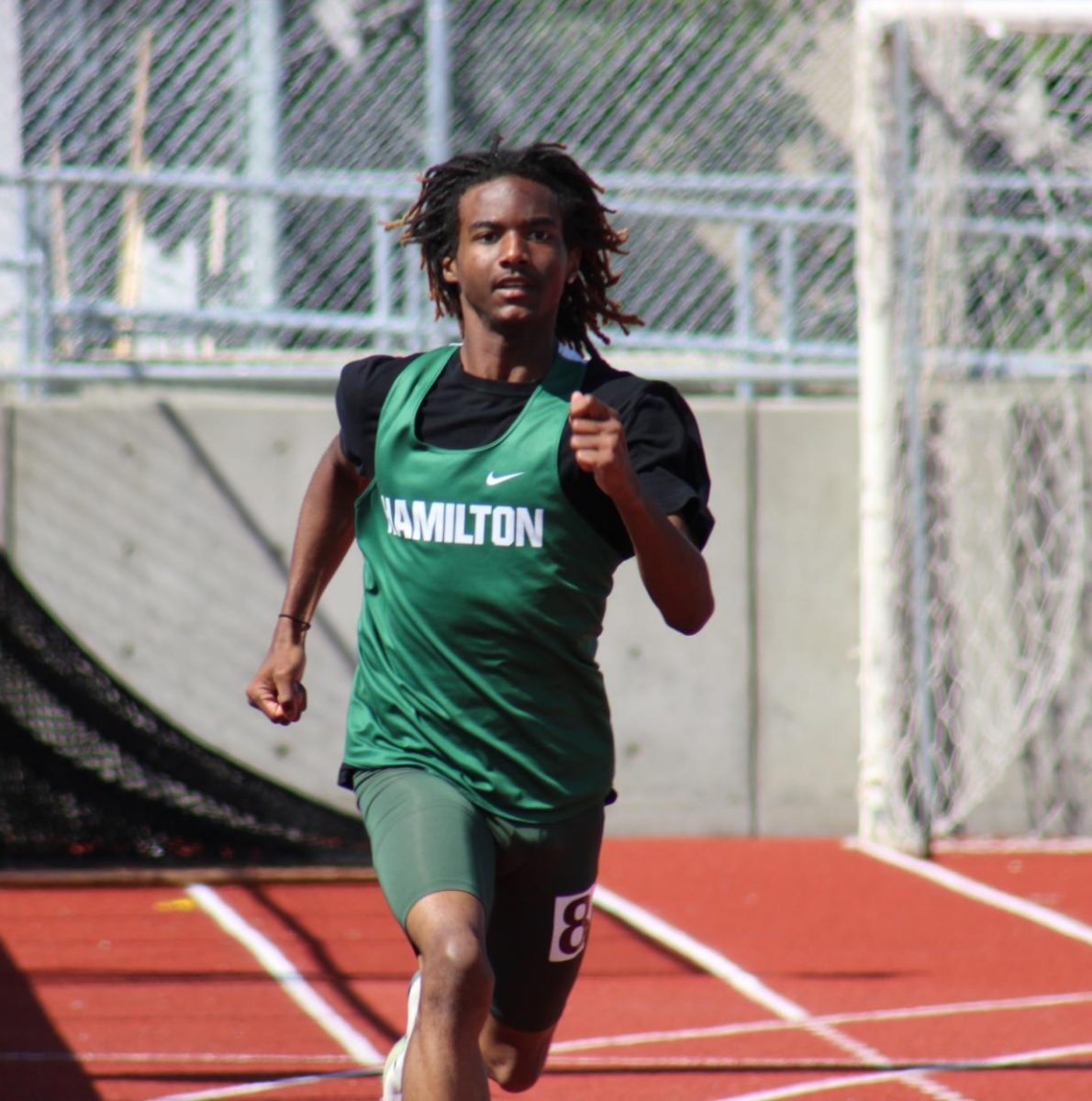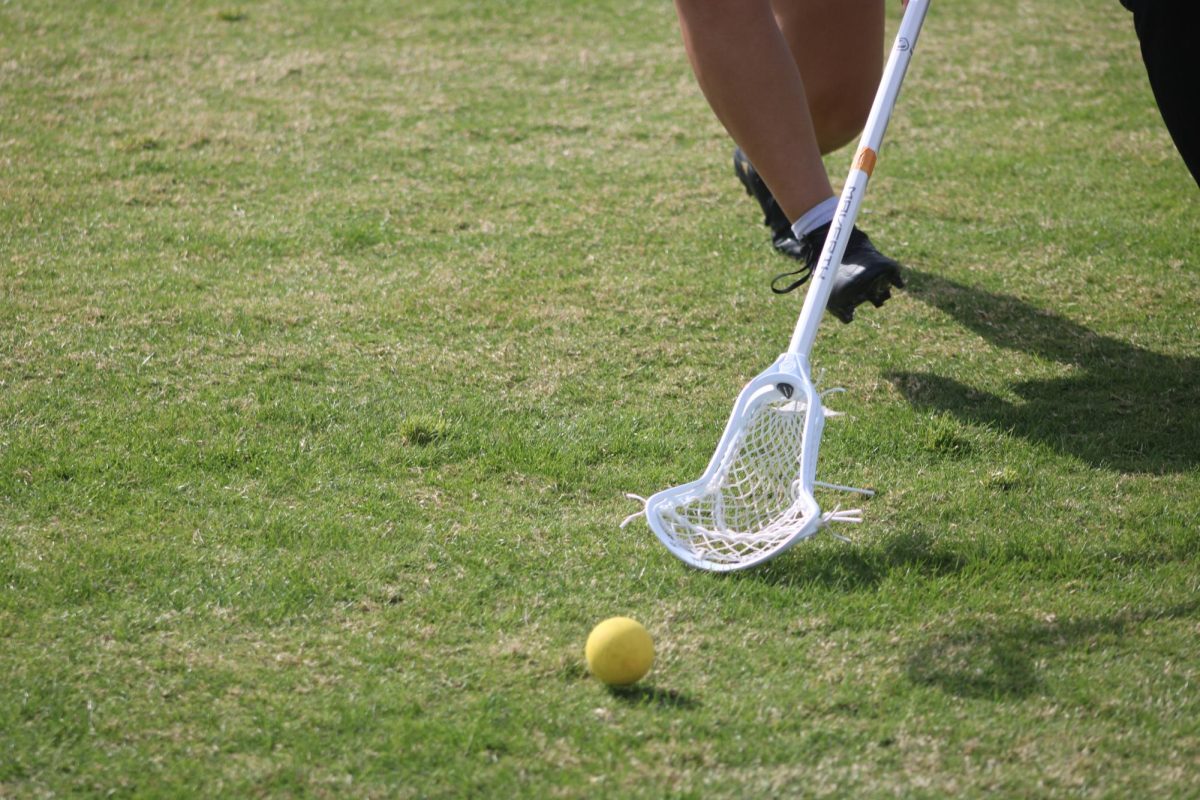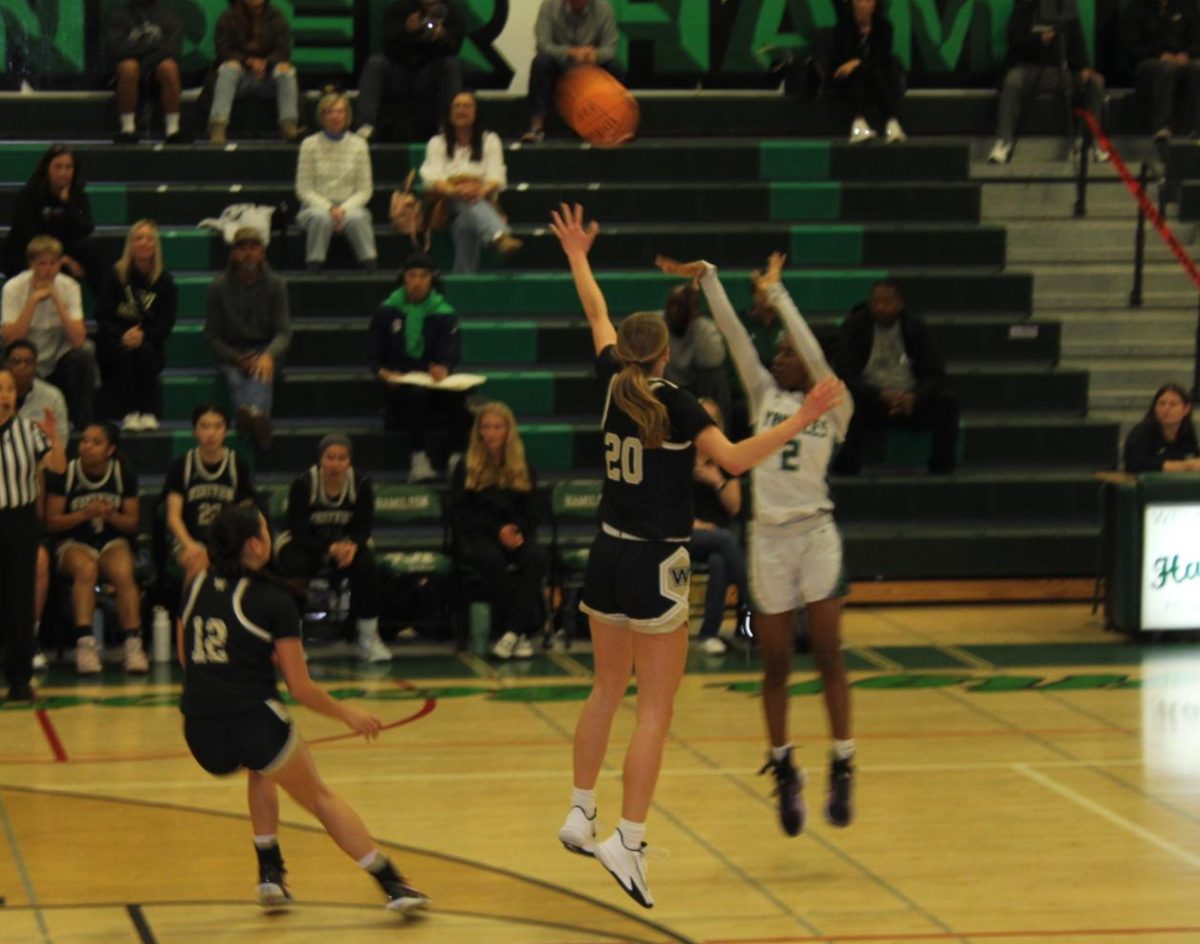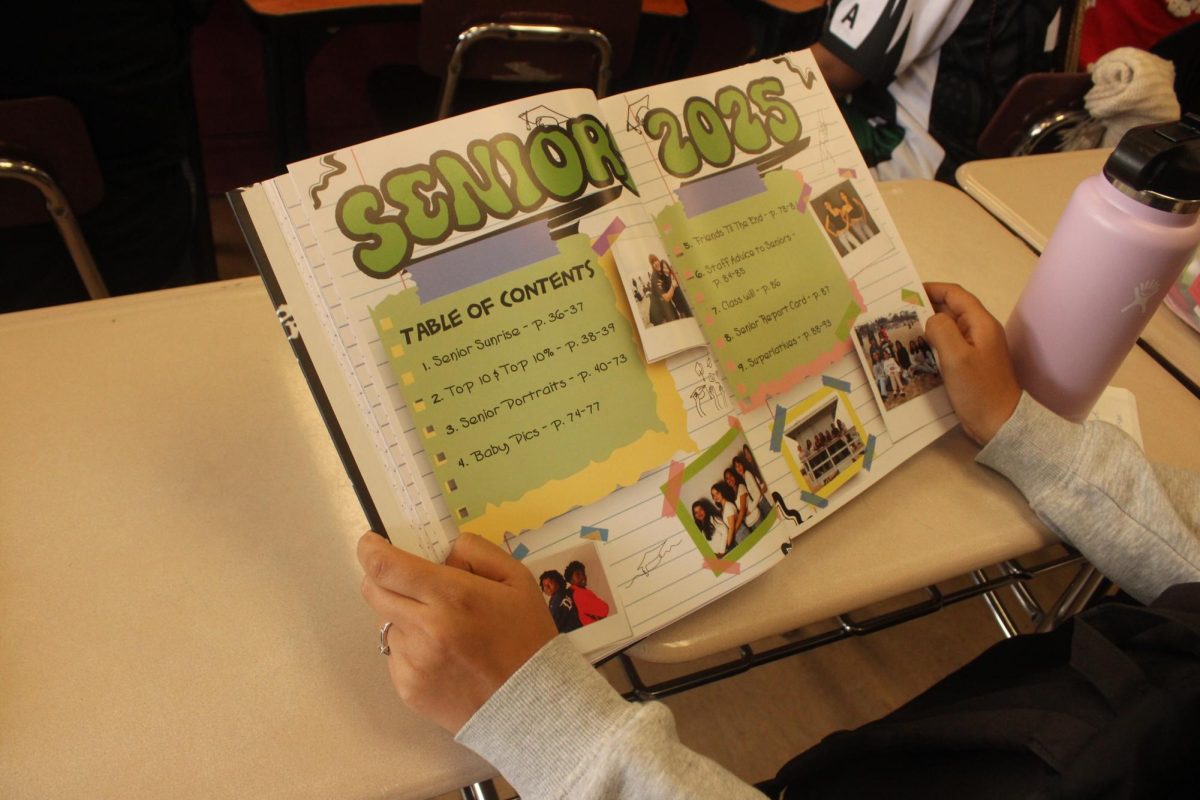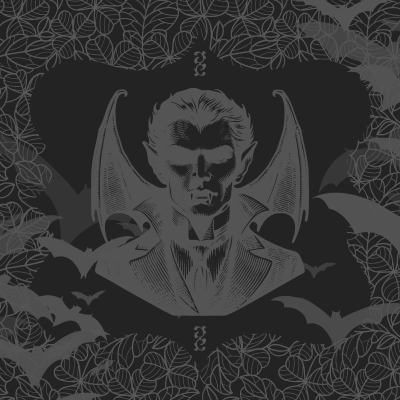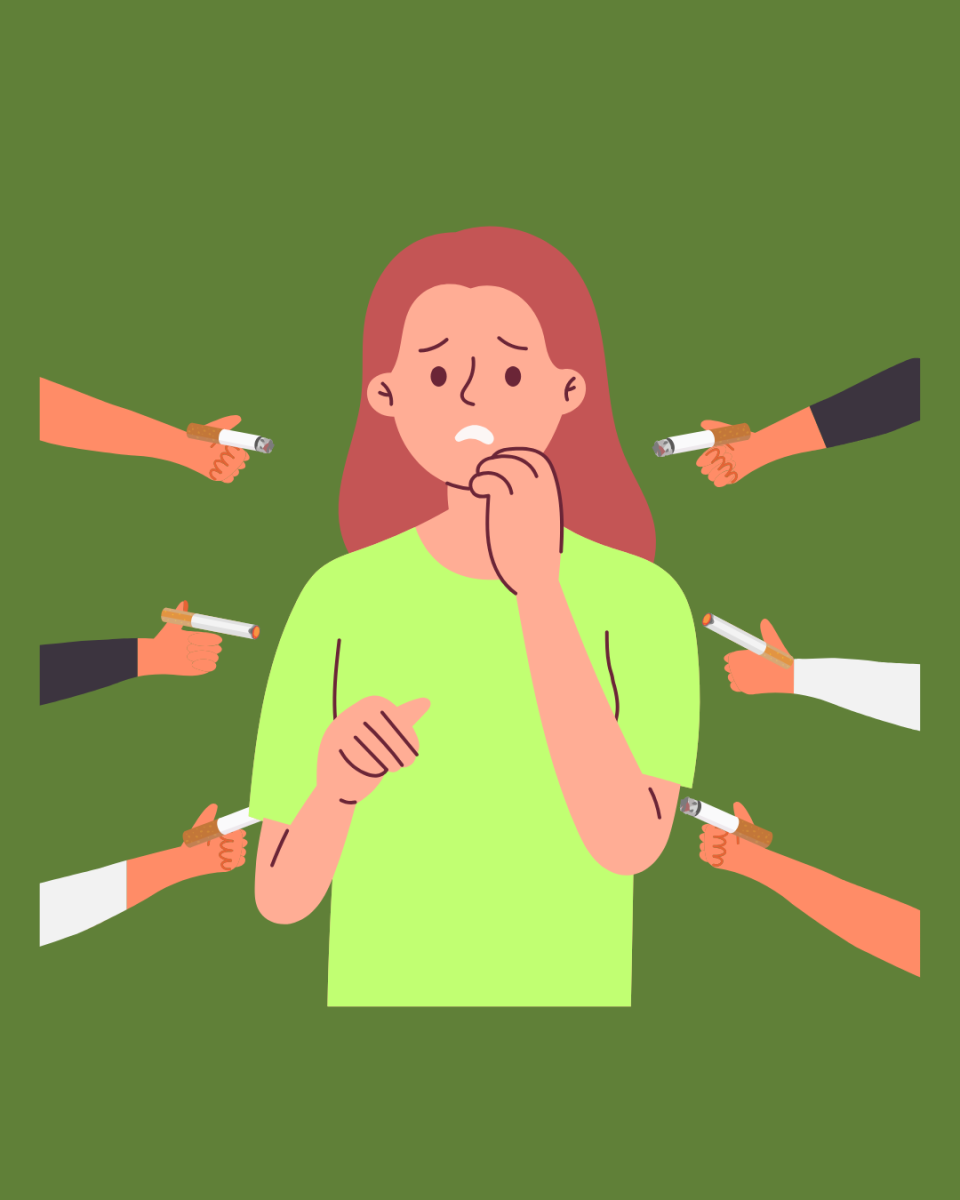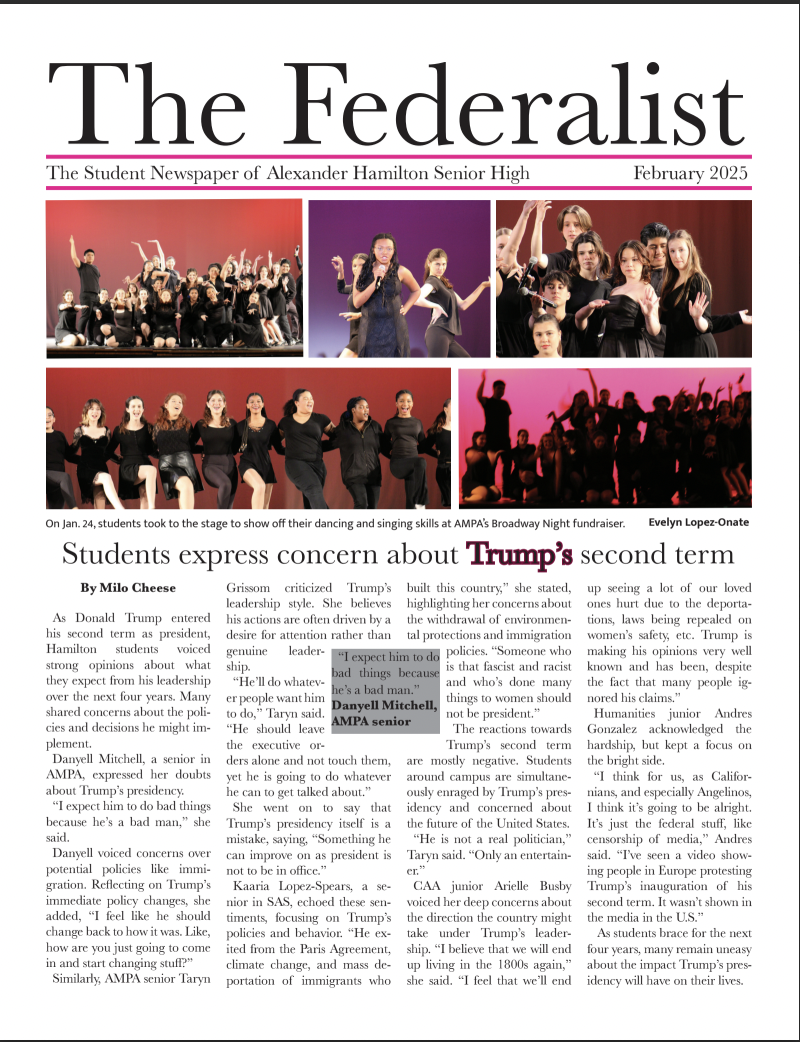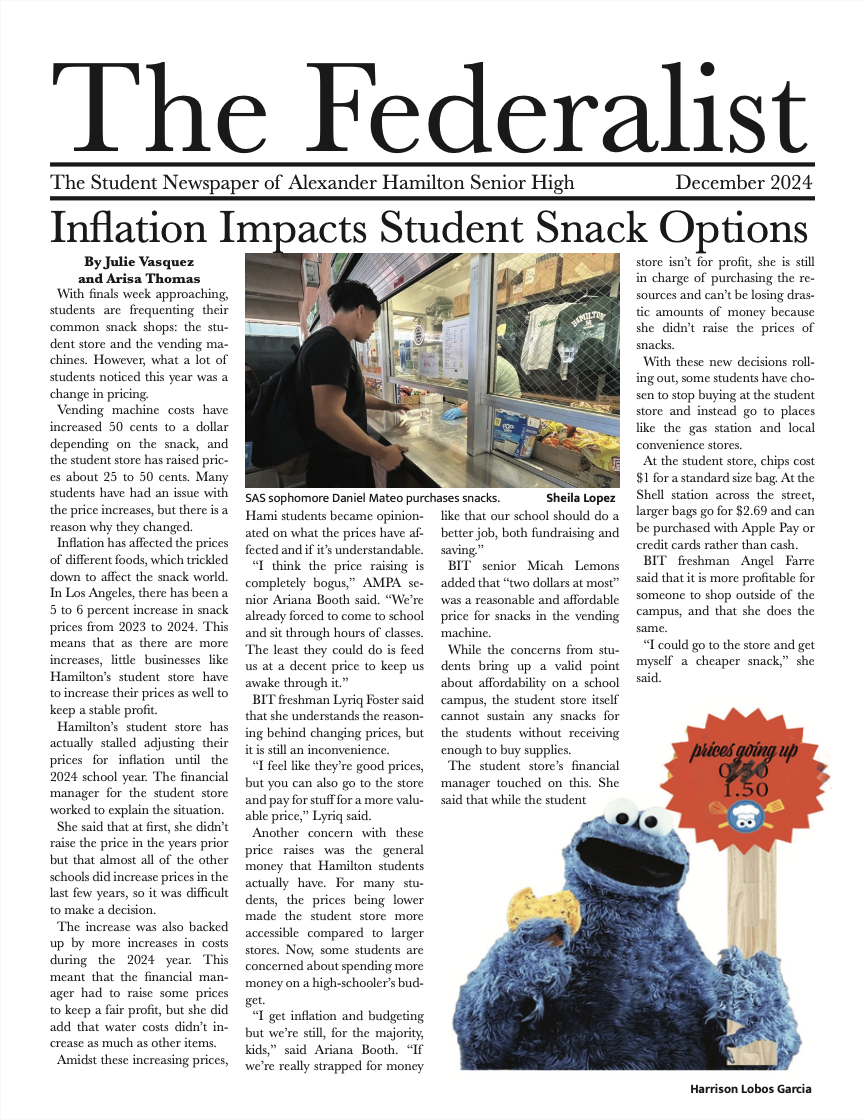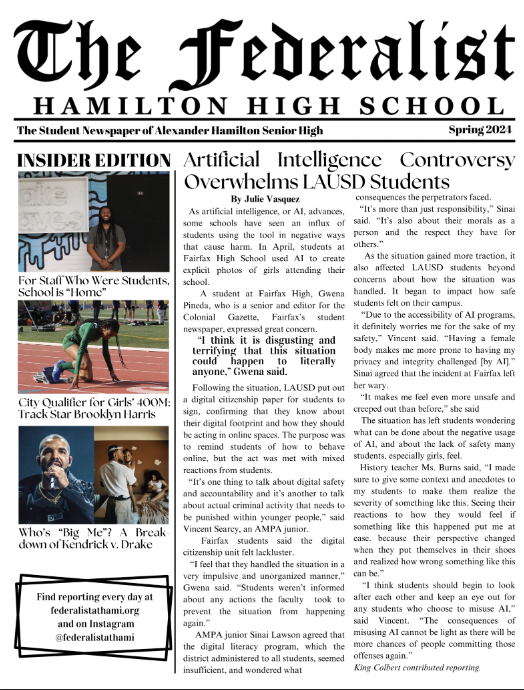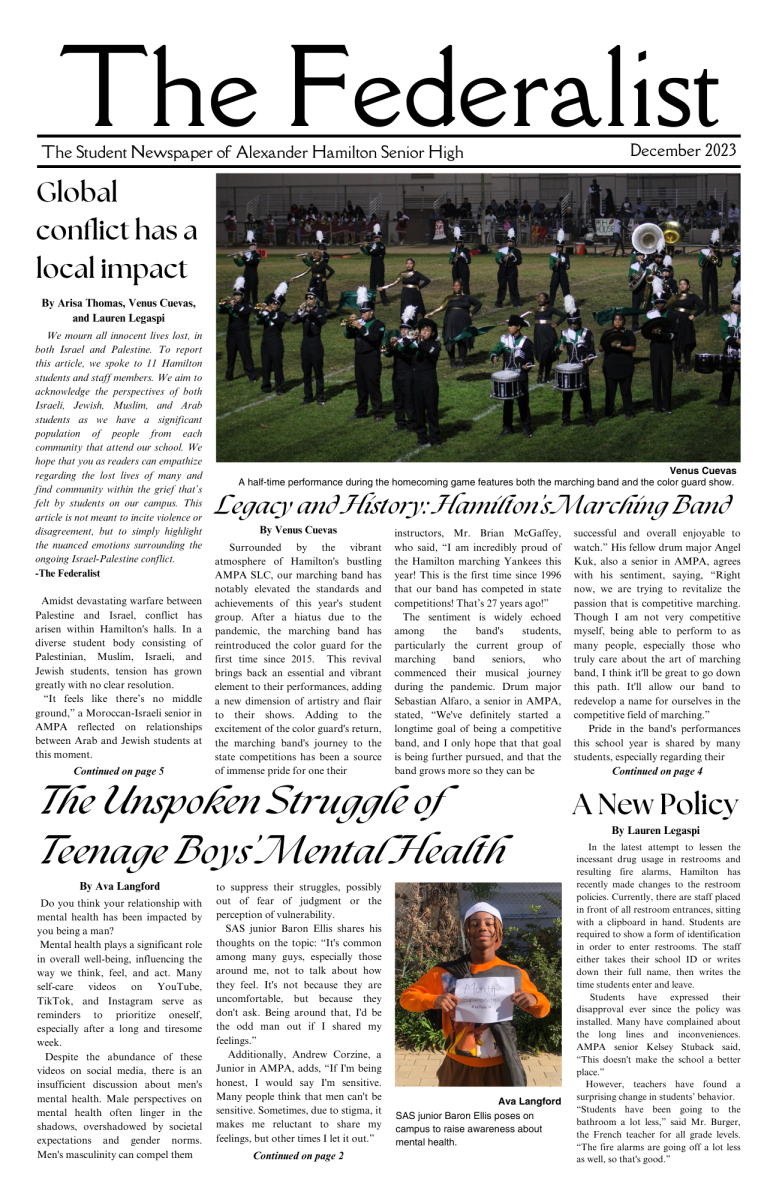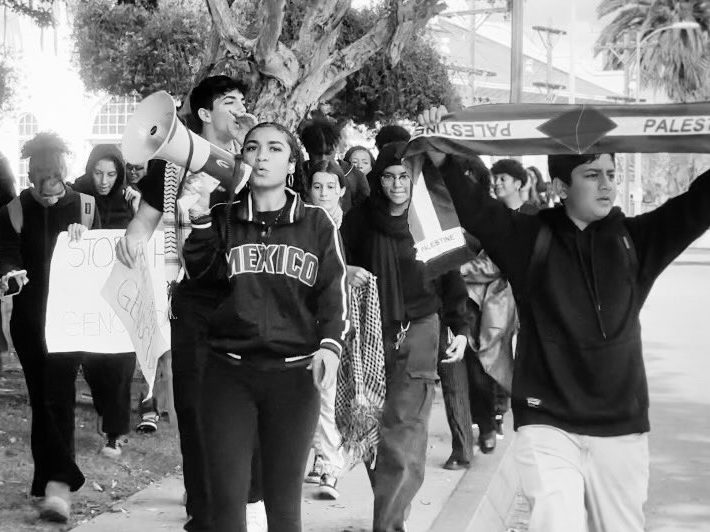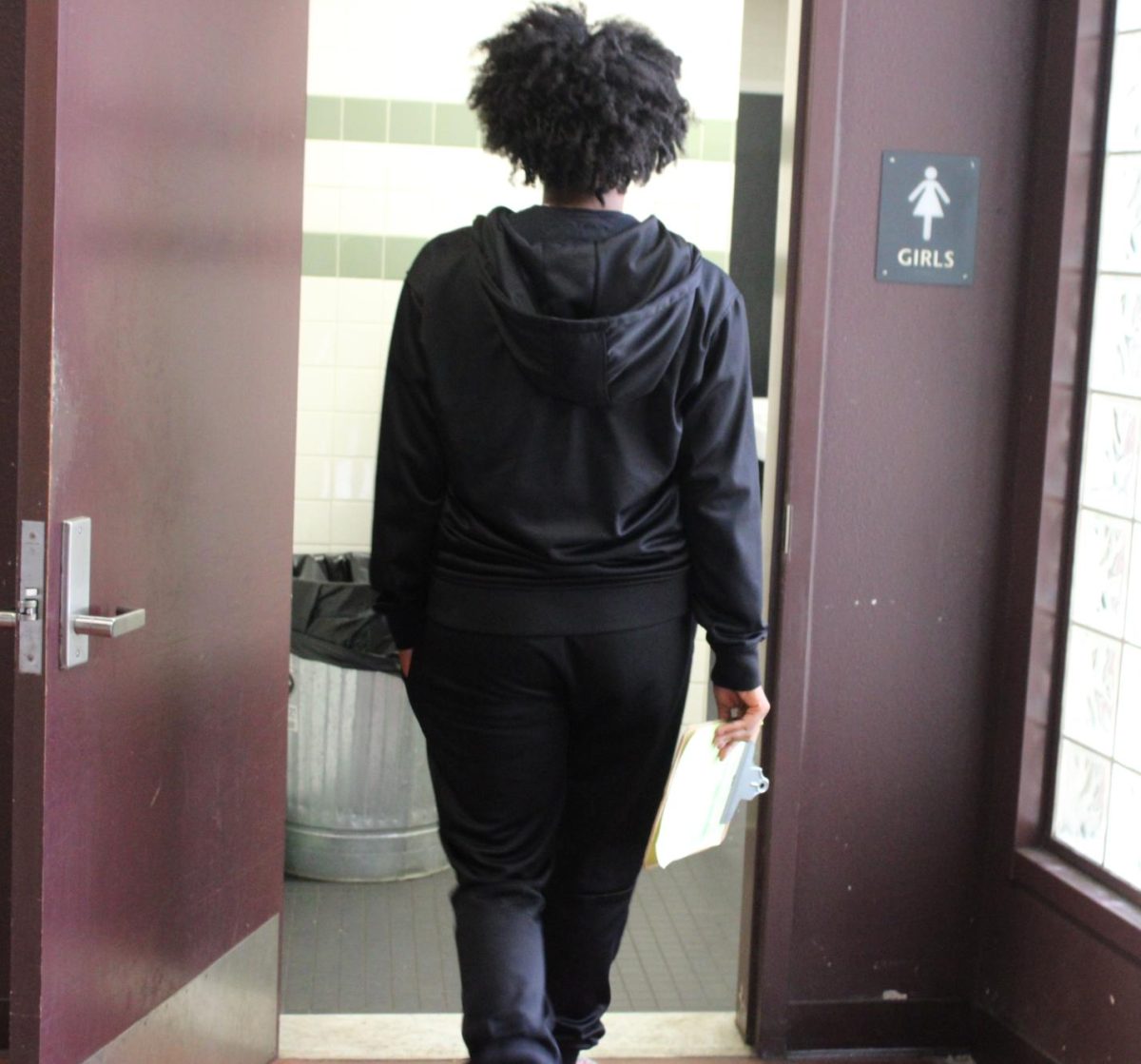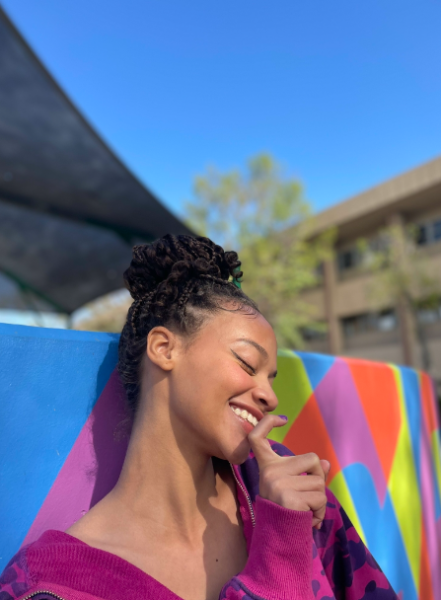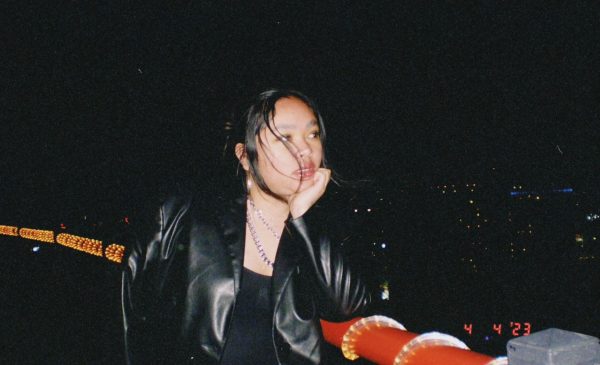We mourn all innocent lives lost, in both Israel and Palestine. To report this article, we spoke to 11 Hamilton students and staff members. We aim to acknowledge the perspectives of both Israeli, Jewish, Muslim, and Arab students as we have a significant population of people from each community that attend our school. We hope that you as readers can empathize regarding the lost lives of many and find community within the grief that’s felt by students on our campus. This article is not meant to incite violence or disagreement but to simply highlight the nuanced emotions surrounding the ongoing Israel-Palestine conflict.
-The Federalist
Amidst devastating warfare between Palestine and Israel, conflict has arisen within Hamilton’s halls. In a diverse student body consisting of Palestinian, Muslim, Israeli, and Jewish students, tension has grown greatly with no clear resolution.
“It feels like there’s no middle ground,” a Moroccan-Israeli senior in AMPA reflected on relationships between Arab and Jewish students at this moment.
Attempts to defuse the tension have been unsuccessful. Hamilton first attempted to address the situation by holding a moment of silence for “lives lost in Israel and global atrocities in the Middle East.” However, this frustrated Arab students who said they felt unrepresented and ignored due to the lack of mention of Palestine.
“My heart goes out to all the innocent who have lost their lives on both sides, but it’s unfair for there to be all this coverage and priority when it’s happening to one side, but downplayed, silenced, or a shift of narrative when it’s happening to Palestinians or when things go on in Muslim countries,” SAS senior Laila Alarbash said about her frustrations with Hamilton’s responses as well as the mainstream media’s.
Ms. Baxter later met with the ASA President and Vice-President to allow them to voice their concerns in order to understand their perspective and clarify her intentions.
From then on, the school has been wary of addressing the conflict, instead remaining relatively silent. Principal Baxter said she could not comment for this article. She wrote a message to students on Schoology Nov. 17 where she assured students that “In our school community, there is no place for hate. There is no place for Islamophobia and there is no place for antisemitism.”
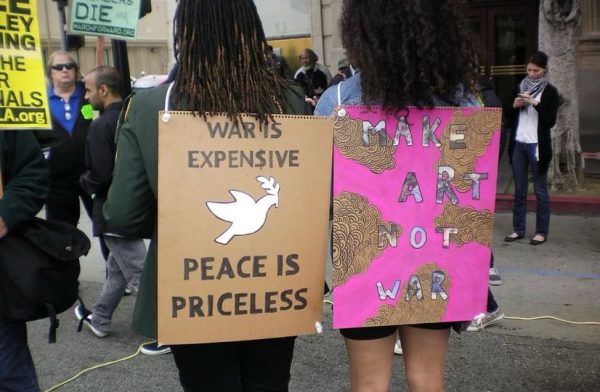
For many students, this conflict is not only a faraway issue they see on the news. The geographical distance from the sites of conflict does nothing to ease the emotional turmoil many students are experiencing throughout their everyday lives. Instances of worry and grief have affected all sides: Israelis, Palestinians, and anyone else who may be connected to the situation.
In a heartfelt testimony, the senior whose quote opened this article, who has relatives living in Israel, illustrates the impact on families. “My aunt was scared to drive home because she heard the sirens and there were bombs going off,” the student shared. “She was trying to drive home and she called us and was like ‘Can you stay on the phone, I’m scared to drive right now. I don’t know what’s going to happen.’ Things like that [are] where I’m like ‘Oh my god, this is too close to home.’ This is going to actually affect me, and I’m not even living there right now and it’s still a problem for everyone.” The Federalist agreed to allow the student to speak anonymously due to the personal nature of their comments.
Personal experiences are shared by Ashkenazi Jewish SAS senior Sofie Braunstein as well. “It’s hard. I have friends who are experiencing it. They’re in bomb shelters, like every single night, just waiting. I have friends who have family members who were killed, who were stabbed to death, who were raped, then stabbed to death.”
Muslim SAS junior Zonia Fatima says she and her family are also experiencing heartbreaking emotions and grief regularly. “Seeing the violence being inflicted on the children and innocent civilians in Gaza has taken a heavy toll on my and my family’s mental health. It’s so hard to live life as “normal” when you know the nightmare people in Gaza are going through,” Zonia said.
“10k people in one month had complex lives, emotions, dreams, and people to care for them the way me and you do,” said Laila. As a Libyan Muslim with Palestinian friends and family, she finds herself very emotionally involved in the conflict. In this, she is not alone.
On November 7, the Asian Student Association (ASA) and Amnesty collaborated to create an open space of discussion about the facts and statistics of Gaza deaths along with a space to share emotions, with Jewish Student Union (JSU) members attending. However, it is no secret that facts and feelings often intertwine and as a result, arguments broke out between members of both clubs. JSU members expressed feeling inadequately represented, while ASA members expressed feeling disrespected due to receiving little compassion from the attending members.
Laila emphasizes the groups should not be pitted against each other. “The problem is not Palestinians vs. Jews or Muslims vs. Jews as there are Palestinian Muslims, Palestinian Christians, and Palestinian Jews,” she said. “The problem is not Jewish/Israeli people. What the IDF is doing goes against Jewish beliefs and Torah, like the 613 Mitzvot.”
Sofie also expresses a desire for connection. “I think that we all need to take a deep breath in, calm down, and then talk it out instead of getting mad at each other. We need to listen and hear each other out.”
“Just because you’re pro-Israel or pro-Palestine doesn’t mean you can’t still be friends,” Sofie adds.
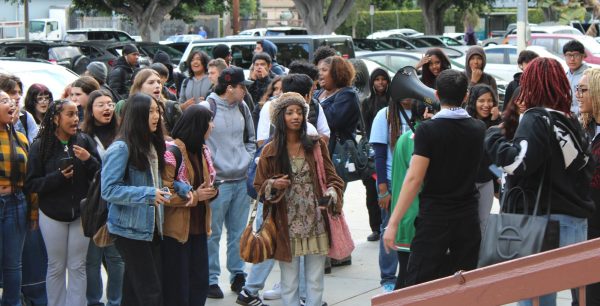
In an effort to speak on the conflict, Ms. Baxter said during announcements in October, “We are here to support all students at Hamilton. Everyone is welcome here.” However, Laila said this sentiment was undermined by a feeling of limited freedom of speech. Ms. Baxter referred us to the LAUSD guidelines for students’ freedom of speech, which addressed the fact that all students have rights protecting their freedom of speech in school. The document stated all students have a right to share religious and political speech as long as “their speech, expression, or conduct is not obscene, lewd, libelous, or slanderous.”
At an ASA meeting following the one hosted by ASA and Amnesty on Nov. 7th, Ms. Lartelier attended, suggesting the club refrain from speaking on the topic at such an emotional time. Laila expressed her emotions and opinion on the importance of speaking up, saying, “It can’t die down when children are dying at the masses with their brains being blown out and bodies to bits and dust, when within the past month over 10k+ people were brutally murdered and it’s ongoing. It’s insensitive to say we have to wait for things to die down to move rationally when it won’t stop until the Palestinians are eradicated out of existence.” Laila reports feeling as if Jewish students are given more leeway to display their heritage and their emotions.
According to BIT ethnic studies teacher, Ms. Alvarez-Zakson, in situations like this, bias is impossible to avoid. “Bias will always be behind everything that is done,” she said.
“I would like to mostly think the lack of response or the minimal response (from the school) comes from a bias of ‘this doesn’t impact us directly right now,’ and that is not the experience of everyone.”
Due to that, she finds that it’s more important not to address whether bias is involved but instead address how to find common ground despite biases. Ms. Z also recognizes a gap of misinformation negatively impacts all who are involved, stating, “I will begin with a point of empathy that these moments are really difficult to navigate, and for any person or group of people, it can be and especially I think on an issue like this, it’s really difficult to find people who are thoroughly aware of and educated on the thorough history of this moment.”
In the case of Arab students, this misinformation has perpetuated negative stereotypes, leading to students being labeled terrorists. “People only seem to be labeled terrorists when they look like me, say Allah, speak my language. It’s crazy how as soon as you say you support Palestinians, they say you’re antisemitic when we’re both Abrahamic religions that share more similarities in religion than the rest,” said Laila.
AMPA freshman Arslan Abbasi discussed the backlash he received from advocating for Palestinian liberation on social media. “When I posted, kids I knew from middle school and go here now, started replying to my stories. Saying, “Stop supporting terrorists” and basically telling me that my people are wrong and deserve what’s happening.” Although Arslan himself is Indian, he said he feels a personal connection to Palestinians as a Muslim.
He said he has been an advocate for Palestine since 2022 but now worries about speaking up in this atmosphere. “My challenge is being able to speak,” he said. “I do not feel as if I can sleep comfortably at high school. I should not have to worry about saying something and then being targeted. I also am challenged with trusting that my teachers won’t have a bias against me. I don’t know what everyone’s belief is and I don’t want it to affect my future.”
The frustration with the inability to express personal emotions is not only reserved for Palestinian and Muslim students. Jewish students at Hamilton say that their experience at school has worsened too. Sofie is one of the students who reported this, saying, “I’m scared for my life. I’m publicly Jewish in school, but I don’t wear the Star of David necklace. I don’t wear anything that can show that I’m Jewish, outside of school or outside of home or my synagogue because I’m scared to get killed.”
The anonymous Israeli senior expressed a similar fear. “A lot of times people are like ‘Where are you from’ and I’m sometimes hesitant to say ‘I’m Israeli.’ It’s always been like that because all the Israeli government’s decisions somehow always get tied to its people. I’m in America, I’m not making the decisions. It shouldn’t be blamed on all of us. The majority of people in Israel don’t agree with what their government does.”
As problems advance, so does division. “I only have my fellow Middle Eastern, Arab, Muslim, and Desi friends to really have my back,” explained Laila.
Similarly, AMPA Junior Zimra Klein said she has found herself closer to her Jewish peers as a result of the conflict. “I myself feel an even deeper connection to the Jewish community and people that I hadn’t before. Since the war started, I’ve made the choice to start wearing my Star of David necklace, in order to show my pride in being Jewish,” said Zimra. “I have tried harder to be more in touch with my people and culture in this time of suffering because it has allowed me to be around people who understand how I feel.”
There’s one thing both groups seem to agree on: lack of understanding of the conflict and both sides’ perspectives is plaguing our community.
As the daughter of two rabbis, Zimra has found herself afflicted by “deep sadness” because of the seeming inescapability of the situation. She says this feeling is only worsened by increasing hate speech in the broader community. “The current media has a tendency to neglect the truth for both Palestinians and Israelis and has consistently shown a lack of understanding. I personally find that the constant demonization of the existence of Israel itself has confused and impacted the public immensely. I find that because of the media, the line between being against Israel’s actions and being blatantly antisemitic has been blurred.”
With the death toll continuing to rise, many students find themselves with conflicting emotions on how to proceed. Due to fear of backlash and retaliation, many have found themselves in a position where they feel unable to mourn. “No matter what I say, the other side is always mad. I am not defending anything that happened. I am simply mourning for my people who have experienced pain,” explained Arslan.
The high emotions and lack of expressed common ground have left students and staff at a loss for how to work through it.
“This ongoing struggle [for justice] has become an integral part of my identity,” described CAA freshman Fatima Mujahid. She describes the ongoing tragedy as distressing, saying it’s “challenging to move forward while bearing this emotional burden.”

With time passing and no resolution in sight, some students have taken action, initiating a walkout to Culver City Hall to demand a ceasefire in Gaza on Nov. 16th. The line between peaceful protest and confrontation was crossed as a crowd of students advocating for a ceasefire confronted Jewish students who blocked protesters while holding an Israel flag, leading to water thrown, words exchanged, and a physical dispute. Student participants reported that they weren’t sure which party threw the water, and multiple students got wet. Several participants in the walkout went to Instagram to share their disagreement with the violence, stating it went against their intentions.
Many of the people involved in and observing the situation say that it is difficult to navigate. Finding a way to coexist feels like a never-ending battle for many; however, the belief that peace amongst students is achievable persists, with hopes that both sides will join together without judgment or argument.
Sofie advocates for this, saying, “I feel like everyone needs to listen to the other side and just be peaceful about it. Because if you’re arguing for peace, then why are you being violent about it?”
